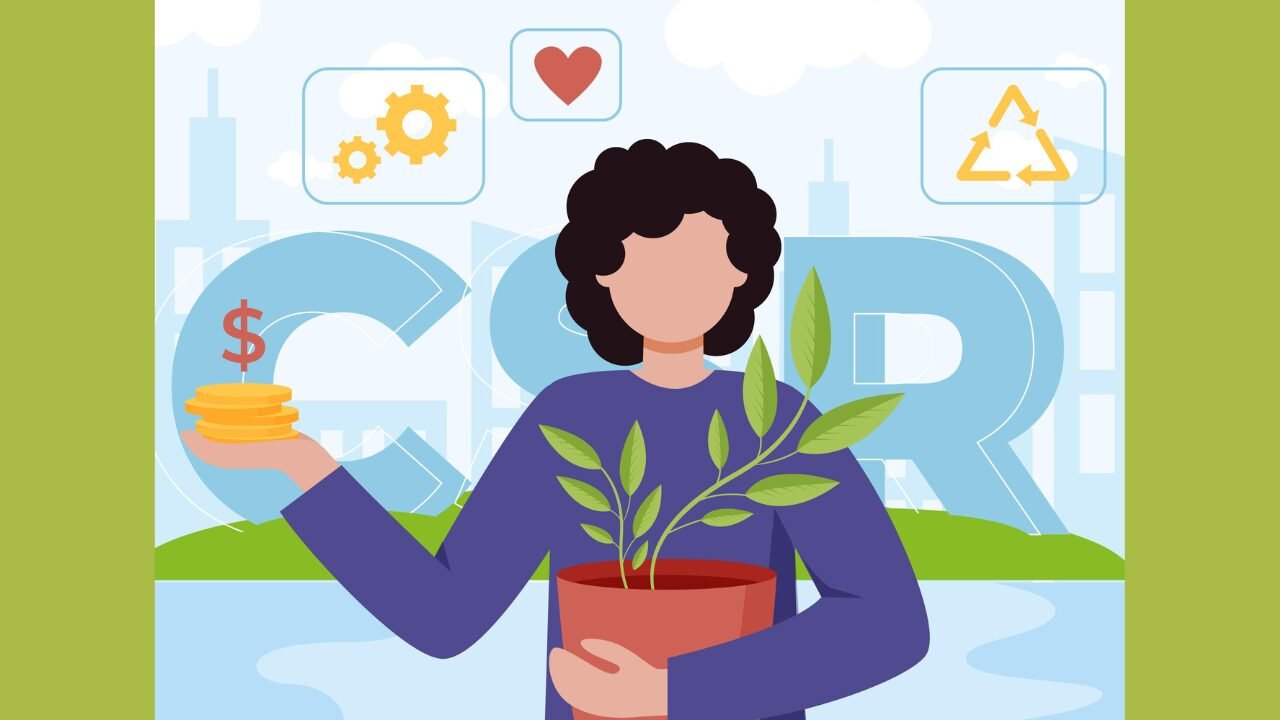Smarter Consumption Sustainability and Everyday Choices

A tension between convenience and responsibility increasingly defines the modern world. On one hand, people are surrounded by opportunities to access goods and services at remarkable speed, whether through supermarkets, online platforms, or subscription models that promise to simplify daily life.
On the other hand, the consequences of overconsumption and waste are becoming harder to ignore. From overflowing landfills to the environmental costs of mass production, society is facing questions about how to balance comfort with sustainability. Education and awareness play a crucial role in addressing this challenge, enabling individuals to make choices that align with both their personal well-being and global responsibility.
In recent years, sustainability has shifted from a niche concern to a mainstream expectation. Schools, businesses, and governments are promoting awareness of how individual choices contribute to larger environmental outcomes. At the same time, consumers themselves are starting to see the value of making more intelligent, more deliberate decisions.
This shift is not about rejecting modern comforts altogether but about reimagining them in ways that allow for enjoyment without unnecessary harm. Living smarter, in this sense, is about understanding the ripple effect of everyday consumption and cultivating habits that improve life now while protecting resources for the future.
Food Waste as a Pressing Example
Food waste has emerged as one of the most pressing examples of this tension, providing a clear lens through which to view the broader issue of responsible consumption. Each year, millions of tons of perfectly edible food are discarded simply because of cosmetic imperfections, overstocking, or labeling confusion.
This waste not only undermines global efforts to combat hunger but also contributes to greenhouse gas emissions as organic matter decomposes. At the same time, households and individuals feel the financial pinch of rising food costs, making waste an economic as well as an environmental challenge.
The encouraging news is that innovative solutions are emerging to address this problem. Platforms, apps, and services are finding creative ways to connect surplus products with consumers who are willing to buy them at reduced prices.
In doing so, they demonstrate that sustainability and affordability are not mutually exclusive. In fact, the effort to reduce waste often leads directly to financial savings for individuals, creating a win-win scenario. Consumers who adopt this mindset discover that they can actively participate in solving a global problem while also stretching their budgets further.
This alignment of personal interest with social good represents a powerful motivation for long-term change.
Digital Tools and Responsible Consumption
The role of digital tools in shaping this new era of responsible consumption cannot be overstated. Online platforms have made it easier than ever for consumers to access surplus or discounted products, thereby creating transparency and choice.
No longer limited to traditional shopping options, individuals can now explore alternative ways to purchase goods that align with their values. For example, using a Motatos coupon code enables shoppers to access discounted surplus food products, reducing waste while lowering their grocery bills.
The availability of such opportunities highlights how technology can serve as a bridge between sustainability and practicality. These tools empower consumers to be part of the solution rather than the problem, turning everyday purchases into acts of conscious responsibility.
Importantly, these choices do not require grand sacrifices. Minor adjustments, made consistently, accumulate into meaningful impact, showing that responsible living is accessible to everyone.
The integration of savings into sustainability reinforces the idea that doing good for the planet does not need to come at the expense of personal comfort or financial security. Instead, it represents a redefinition of value—where true worth is measured not only in price but also in long-term benefit.
READ MORE
Cultivating a Mindset of Intentionality
Ultimately, the conversation about smarter living is about more than just consumption—it is about cultivating a mindset of intentionality that extends across all aspects of life. Education systems are beginning to emphasize critical thinking about resources, teaching students to recognize the interconnectedness of their choices with broader ecological and social outcomes.
Businesses are innovating to provide products and services that strike a balance between profitability and responsibility, recognizing that consumers are increasingly demanding transparency and accountability. Meanwhile, households are adapting by aligning budgets with values, seeking out opportunities that reinforce both financial prudence and environmental care.
The presence of platforms like gutscode.de illustrates how digital ecosystems are evolving to meet this demand, providing consumers with pathways to make decisions that are both practical and meaningful.
The future of sustainability will not be shaped solely by government policies or corporate strategies but by millions of small, daily decisions made by individuals. When those decisions are guided by awareness, supported by digital tools, and motivated by the desire to leave a positive legacy, they become the building blocks of a more balanced and hopeful world.
Living smarter is therefore not about perfection but progress, and every step toward mindful consumption is a step toward a future defined by resilience, creativity, and shared responsibility.
